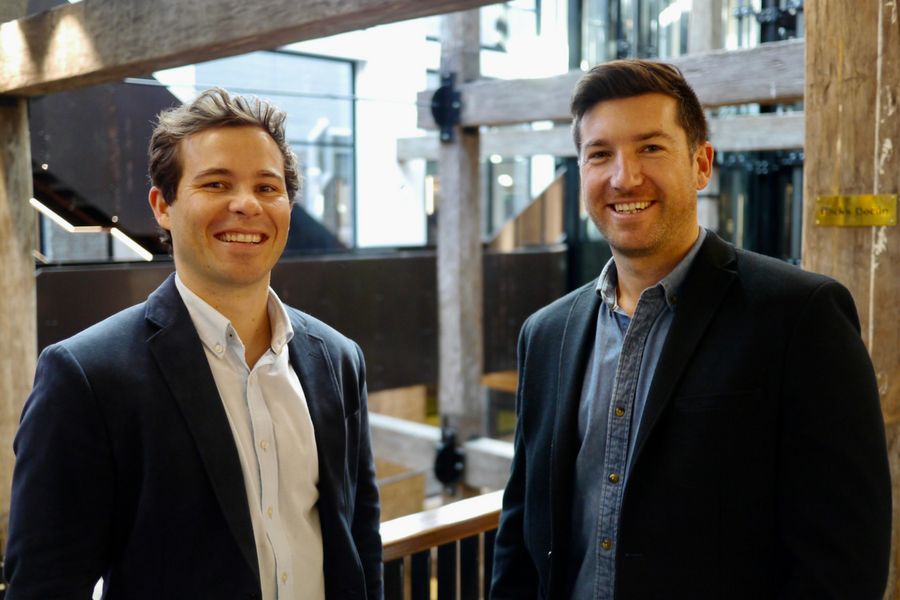Startup trends tend to come in waves. Over the last few years we’ve seen, among others, a rush of grocery and food delivery services, meal box ventures, recruitment startups, beauty booking platforms, and Airbnb management services.
The pattern that follows is usually the same: a couple quietly fizzle out after a couple of months, while a couple may get acquired by a competitor that goes on to fly the flag for their little sector.
Such has been the case for the Airbnb management space, which saw a flurry of services launch over the last few years. Among the handful still standing is Hometime, launched by Dave Thompson and William Crock in 2016.
Having last year acquired competitors Hey Tom and Hostkeep and a couple of smaller players, the startup is going from strength to strength, announcing its launch into top tourism markets Byron Bay and the Sunshine Coast.
The startup, which reported it is generating a gross booking value of over $2 million per month, has grown by leveraging a number of savvy partnerships.
Beyond the acquisitions, it has partnered with real estate agencies such as McGrath to help them manage properties on Airbnb, and was last year accredited as a Professional Cohost by Airbnb, a partnership which allows the startup “access to enhanced Airbnb customer service support so they can better help hosts co-manage their listings on Airbnb”.
While the growth has come with a very steep learning curve, Crock said the team is guided in its work by two questions.
“With every new partnership or growth opportunity, we ask ourselves two things. Firstly, will it improve or take away from the quality of standard that our hosts expect from us? Secondly, is it scalable? If it answers both those questions correctly, then Hometime will make it happen – very quickly,” he said.
Crock explained that the startup has also come to realise over the years that it has “much more” than one customer to consider as it goes about developing the technology supporting its platform: not only are home owners its customers, but so too guests, contractors servicing the properties, and its own staff who manage the whole process.
Each, of course, has different needs and ways of interacting with the platform.
“This means that has been really important for us to structure the product team in such way that they interact with the right user groups as frequently as possible,” Crock said.
“We have a range of non-technical ‘product champions’ throughout the business working in other functions such as relationship management, operations or sales, who all represent particular user groups. These product champions work closely with the engineering team to ensure the platform evolves efficiently in line with their groups particular needs.”
Adding to the challenge is the fact that Hometime’s team is now almost 90 strong, with staff dotted across five countries; in turn, Crock said the team has gotten “creative” to make sure the company has a strong culture.
“We always promote from within first, before hiring. This means our people get to grow with us, and it has helped us keep the feeling of ownership as we scale. When hiring, we place a huge emphasis on culture fit from the start, with skills and experience coming second, as it’s vital that they align with our cultural values and our mission,” he said.
Given the startup essentially works in the travel space, Crock added that Hometime also wants its team to “embrace the freedom afforded by operating a digital business” so encourages staff to take “work-ations” to other operating markets.
“This encourages stronger relationships and deep collaboration among the team and ultimately benefits the business,” he said.
As it launches in Byron Bay and on the Sunshine Coast, Crock said Hometime still has significant room to grow, with awareness of Airbnb management services still relatively low in Australia and New Zealand.
Already active in Sydney, Melbourne, Brisbane, the Gold Coast, and Auckland, the startup aims to expand into 15 markets both in Australia and internationally over the next 12 months, with the doubling of its team on the cards to help facilitate this growth.
Image: Dave Thompson and William Crock. Source: Supplied.




















Trending
Daily startup news and insights, delivered to your inbox.